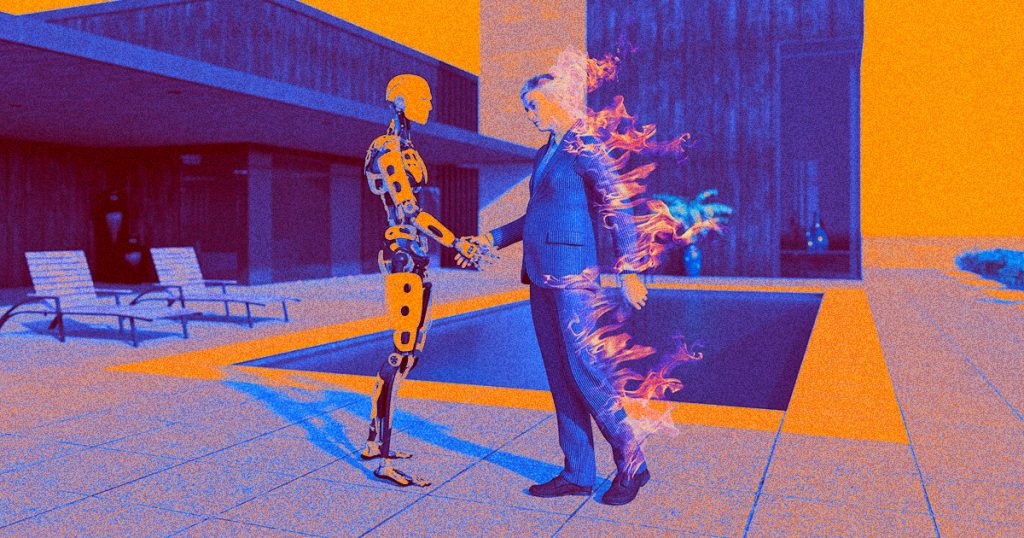Geoffrey Hinton, a well-known AI pioneer and one of the “Godfathers of AI,” recently announced his resignation from his position at Google. Surprisingly, Hinton has argued for and against his lifetime commitment to the subject in a variety of different ways. Despite receiving the prestigious Turing Award in 2018 for his groundbreaking work that helped create the current AI boom, he now admits to having some regrets and concerns about the effects of his life’s work.
In an exclusive interview with The New York Times, Hinton unveiled his concerns about the potential risks linked to artificial intelligence. He acknowledged the challenge of preventing malevolent individuals from exploiting AI technology for illicit purposes, leaving him somewhat troubled by the implications. Hinton’s resignation from Google was motivated by his desire to speak openly about the risks associated with AI without any restrictions or restraints on his words. The nature of his discussion with Google CEO Sundar Pichai remains undisclosed, preserving the confidentiality of their conversation.

Hinton’s connection with Google spans more than a decade, starting with the acquisition of a company he co-founded alongside two of his students. The team’s innovative work centered on developing a self-learning neural network capable of recognizing everyday objects, achieved through analyzing an extensive collection of photographs. This groundbreaking research ultimately paved the way for the creation of influential AI systems such as ChatGPT and Google Bard.
Hinton’s departure draws attention to the ethical implications of AI. While the field undeniably offers remarkable benefits and breakthroughs across various sectors, the potential for misuse and unintended consequences cannot be ignored. Hinton’s decision to step away from Google signifies his personal struggle in reconciling the positive impact of his contributions with the potential downsides they might entail.

Moving forward, it is crucial to have frank conversations about the hazards and ethical implications of the development and use of AI technology. Hinton’s resignation serves as a reminder of the value of shared accountability in guiding AI research in a moral and responsible path. We can make sure that AI develops in a way that prioritises the interests of mankind and strikes a balance between development and prudence.


